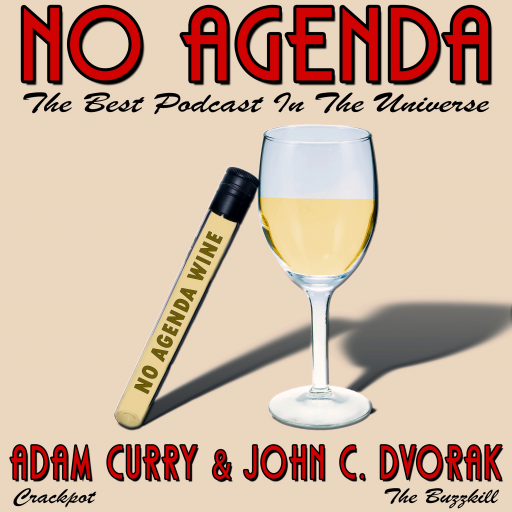Anti-Semitism
Motion to Take Note
Baroness Berridge
To move that this House takes note of the incidence of anti-Semitism worldwide.
Baroness Berridge (Con)
My Lords, I am grateful to all noble Lords who are
speaking in today’s debate, which is the second on anti-Semitism within a
year in your Lordships’ House—perhaps evidence that this is a light
sleeper, to borrow a phrase. Of course, I am not Jewish, but I co-chair
the APPG for International Freedom of Religion or Belief, and
anti-Semitism is a denial of such freedom. I am also a professing
Christian who attends Protestant churches but has Catholic lineage.
When
first preparing for this debate, I was struck by the origins of the
word “anti-Semitism”. To use “ism” makes it sound to ordinary people
like an ideology or a religion such as Hinduism, pluralism or
capitalism. Of course, “Semitism” relates to the Semite people, who,
according to the Encyclopaedia Britannica, include,
“Arabs, Akkadians, Canaanites, Hebrews, some Ethiopians and Aramaean tribes”.
Modern
usage does not include all those people, but it does definitely tell us
that what we are talking about is hating people, not a religion or an
ideology. That is a vital distinction that enables us to maintain
freedom of speech. But the use of “ism” was deliberate, as the term was
first used in 1879 by the German agitator Wilhelm Marr to make the
anti-Jewish campaign seem more reasonable, rational and perhaps more
like the European Enlightenment. It is a great shame that the term has
stuck as it is anything but rational. I fear that using “anti-Semitism”
today could make it seem like a concern of the liberal elite.
My
initial instinct is supported by the recent survey by the Jewish
Chronicle that fewer than half the people in Britain know what
anti-Semitism means, so using the substance of the International
Holocaust Remembrance Alliance definition—“hatred of Jews”—makes things
simple and clearer, and I commend it.








